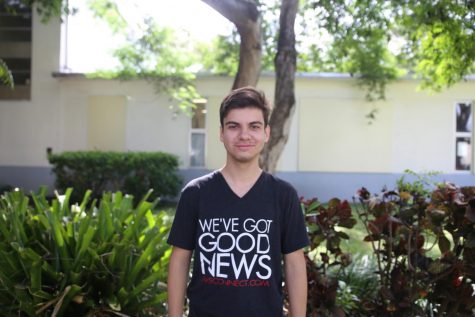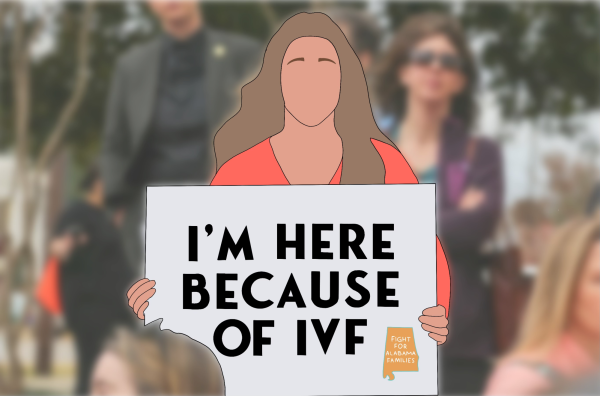The Misguided Fight Against Vaccines

The MMR vaccine is crucial to stopping the spread of measles and other dangerous pathogens.
Feb 18, 2019
There may have once been a legitimate debate as to whether the side effects of vaccines posed a risk greater than their benefit. Several correlational studies marginally supported the idea that some vaccines led to autism in children. However, the time when this debate was between two parties standing on near-equal ground is well in the past. The Antivax community has now shifted to the position that vaccines are no longer necessary due to the relative rarity of many of the diseases that vaccines try to protect from. The long line of scientifically unfounded claims from the Antivax community continues to put the general public at risk, and some efforts should be made to treat this as a matter of public safety rather than individual preference.
“I feel that it is an unnecessary risk for people to avoid vaccines that quell the spread of dangerous diseases for non-medical reasons,” senior Nicolas Cercone said.
The recent measles outbreak in the United States, almost 20 years since the pathogen was eliminated through effective vaccination, comes as a rude awakening for policy makers in states that make it too easy for parents to avoid vaccinating their children. The outbreak of nearly 300 cases has spread from Washington to New York City, primarily in communities that have a religious or moral objection to vaccination. The reintroduction of the potentially deadly pathogen to the U.S. puts those who have legitimate medical reasons for abstaining from vaccines in danger of contracting a completely avoidable, life-threatening disease. Of the multiple states in which the outbreak has caught traction, many feature some sort of non-medical objection to vaccines. This often means that the religious beliefs of a group conflict with vaccination.

There is a fine line between looking out for the safety of the general public and infringing upon the religious liberties of certain groups.
— senior Fresiano Correia
The debate for policy makers now turns to how far they can go to compel people to vaccinate their children in the interest of public safety without suffering massive backlash for discriminating against religions like Orthodox Judaism that many times do not allow for vaccination. This debate would take on a different tone if vaccines were meant to only protect against diseases that are easily curable and relatively harmless, but when a religion’s objection to modern medicine puts the public in danger of contracting measles, policy should be very strict as to who is exempt from vaccination. On an even lesser footing are those who still cling to the idea that vaccines would ultimately do more harm than good or those who simply view them as unnecessary. It is this type of ignorance that led to the 300 cases of measles in the United States and will surely lead to more if parents continue to be allowed to dodge the immunization of their children.





















